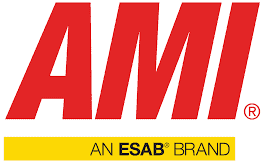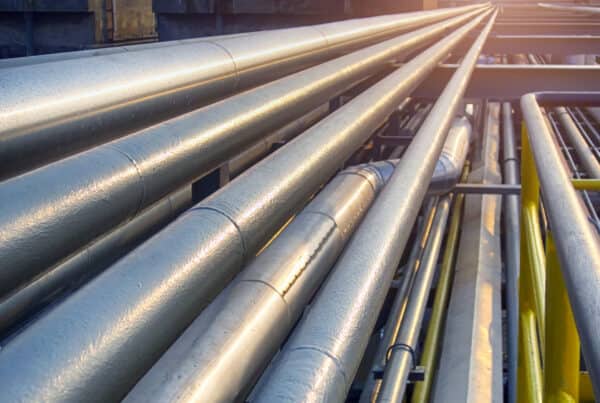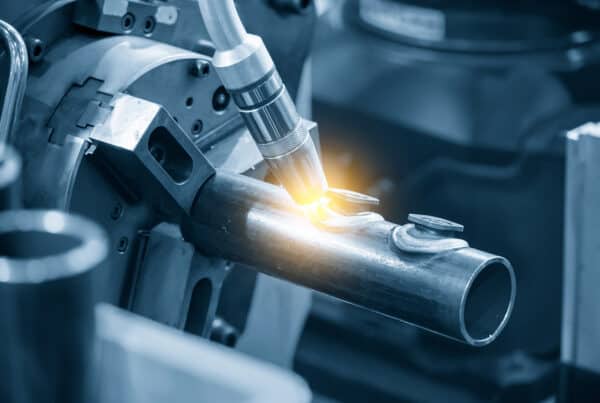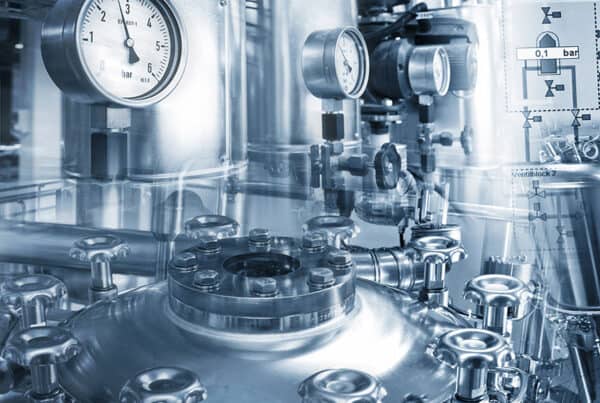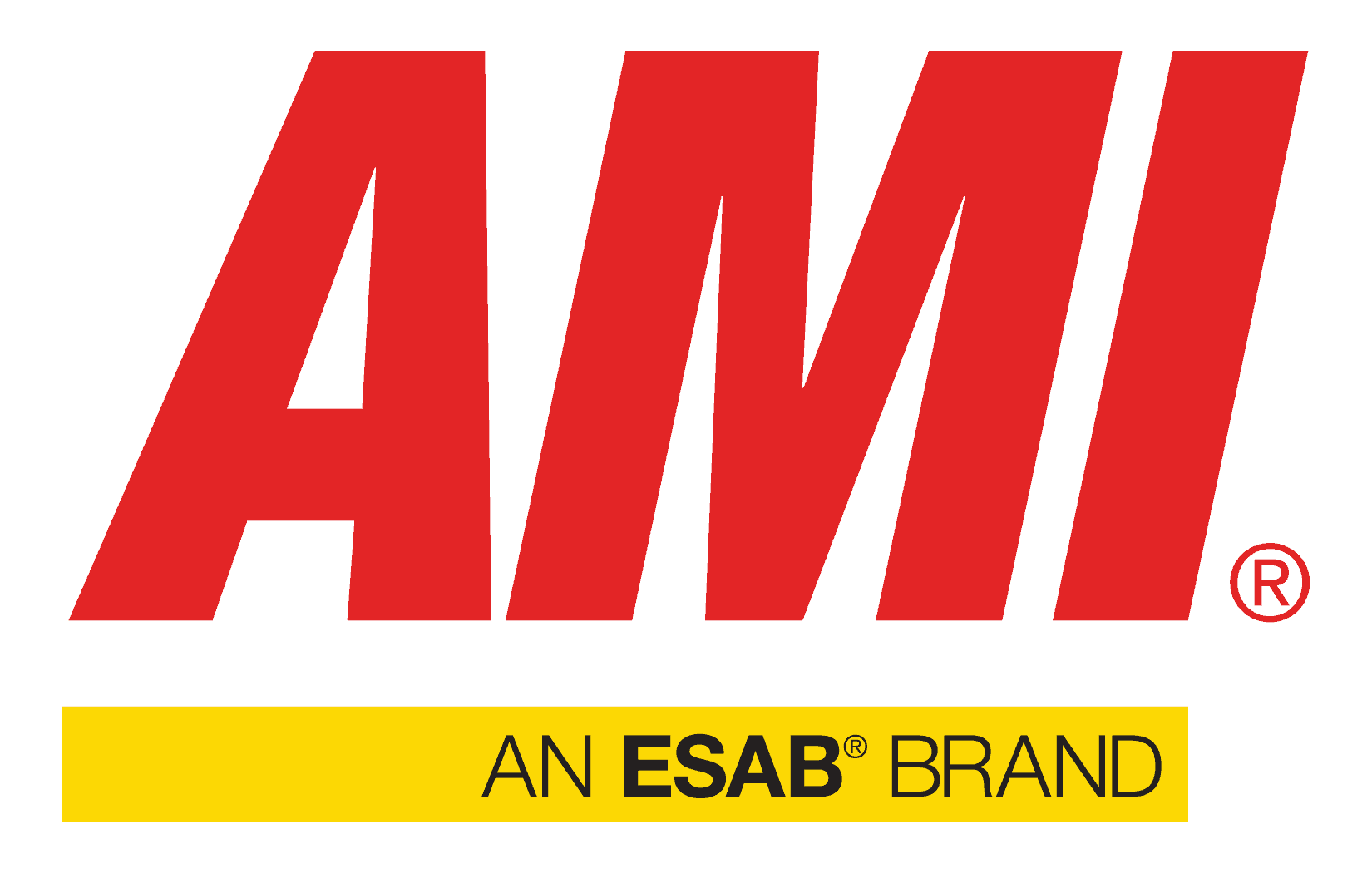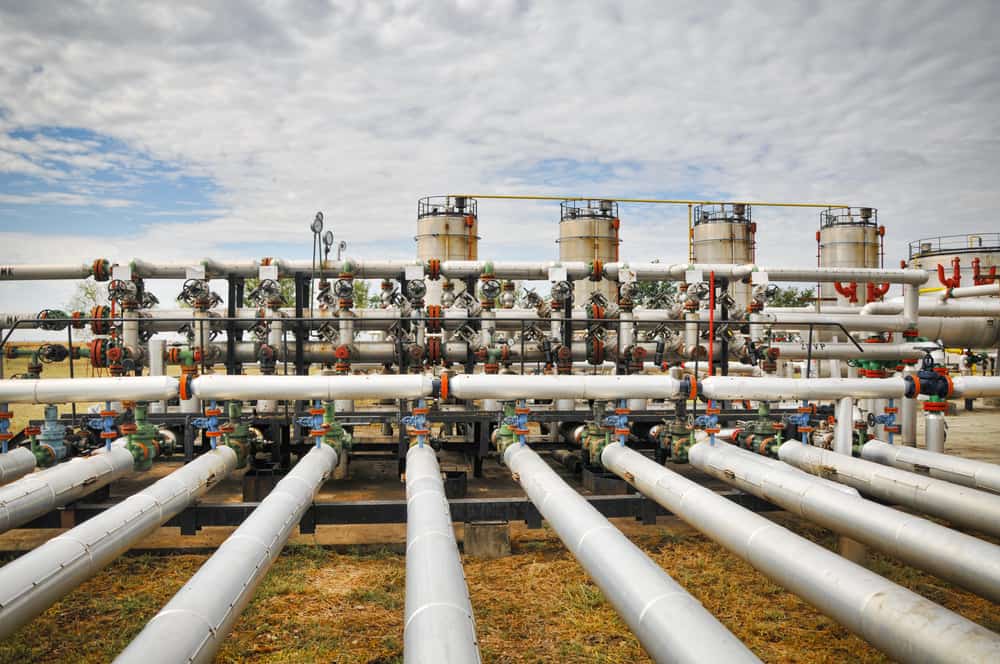
Oil and gas projects require highly critical and complex infrastructure, including pipelines, storage tanks, rigs, and other components that require welding. As a part of this infrastructure, pipelines assist in the critical task of transporting crude oil or natural gas. There are almost 190,000 miles of liquid petroleum pipelines across the United States and another 3 million miles of pipeline network for natural gas transportation. This expansive pipeline network requires a comprehensive safety focus—especially on weld quality—to avoid costly breakdowns and failures.
Shielded metal arc welding is generally considered the standard in oil and gas pipeline welding. But this may not be effective in all welding applications: for instance, when welding offshore or low-access environments. This article will discuss the advantages of SMAW (Shielded Metal Arc Welding) and TIG for gas pipe welding and explore the different conditions for their use.
Why Is SMAW A Default for Gas Pipe Welding?
SMAW is a well-established pipeline welding process worldwide. With a SMAW process, welders form by creating an arc and generating heat between the electrodes and the metal. The electrode and the metal melts to form the weld pool, which ultimately solidifies to form a joint. SMAW is the most portable of all welding processes, ideal for on-site gas pipe welding. SMAW is also compatible with welding a wide range of metals and alloys. Its simple operation, low cost, and versatility make SMAW a popular choice for pipeline fabrication and repairs.
As a manual arc welding process, weld quality depends on the skills and expertise of the welder. Maintaining the proper speed and angle while striking the arc can be challenging and often leads to variations in the depth and depositions. Other defect possibilities that may affect weld quality include lack of penetration, cracking, weld splatter, and porosity.
When pipes are welded with SMAW for corrosive or remote access areas, risk factors increase. The inability to perform routine inspections on the relatively vulnerable weld formed with SMAW can lead to gas pipeline failure with detrimental effects. To solve this potential hazard, manufacturers can replace SMAW welds with TIG welds.
Best Option for Moving Away From SMAW
Gas pipes, connection taps, and access ports are usually made of corrosion-resistant metals like stainless steel and alloys like Inconel or Monel for better long-term outcomes. These materials can also be used on vessels and storage units in the oil and gas industry. High-performance alloys can yield the best weld results when a process like TIG is applied. With TIG welding, operators can achieve:
- Clean, high-purity welds
- Precision in every weld pass
- Controlled heat input
- Weld operation from almost every position
- High-quality results with minimal defects
Gas pipe welding performed with TIG allows technicians to be sure about the purity and quality of the weld. Adding automation with orbital TIG further elevates the result with parameter control and monitoring ability. The mechanized process also keeps potential manual errors at bay, creating a weld that lasts longer than what can be achieved with SMAW.
Orbital TIG for Gas Pipe Welding
Establishing a single welding process with the perfect results is impossible. For critical pipe welding applications, manufacturers should select the process with the highest quality and cost-effectiveness over the long term. Here, we discussed the popularity of SMAW and the advantages of TIG. While SMAW provides portability and speed advantages desired by gas pipe welding projects, TIG facilitates quality, precision, and reliability. With automated orbital TIG, even the weld speed can be enhanced. Industries and welders should examine the long-term cost-effectiveness of an orbital TIG process before deciding on SMAW vs TIG for their gas pipe welding applications.
Arc Machines, Inc. is a leading provider of orbital welding technologies. Our weld heads and monitoring systems are ideal for critical gas pipe welding and are capable of producing precision welds. For inquiries regarding products, contact sales@arcmachines.com. For service inquiries, contact service@arcmachines.com. Arc Machines looks forward to providing the equipment and services your project needs. Contact us to learn more.
